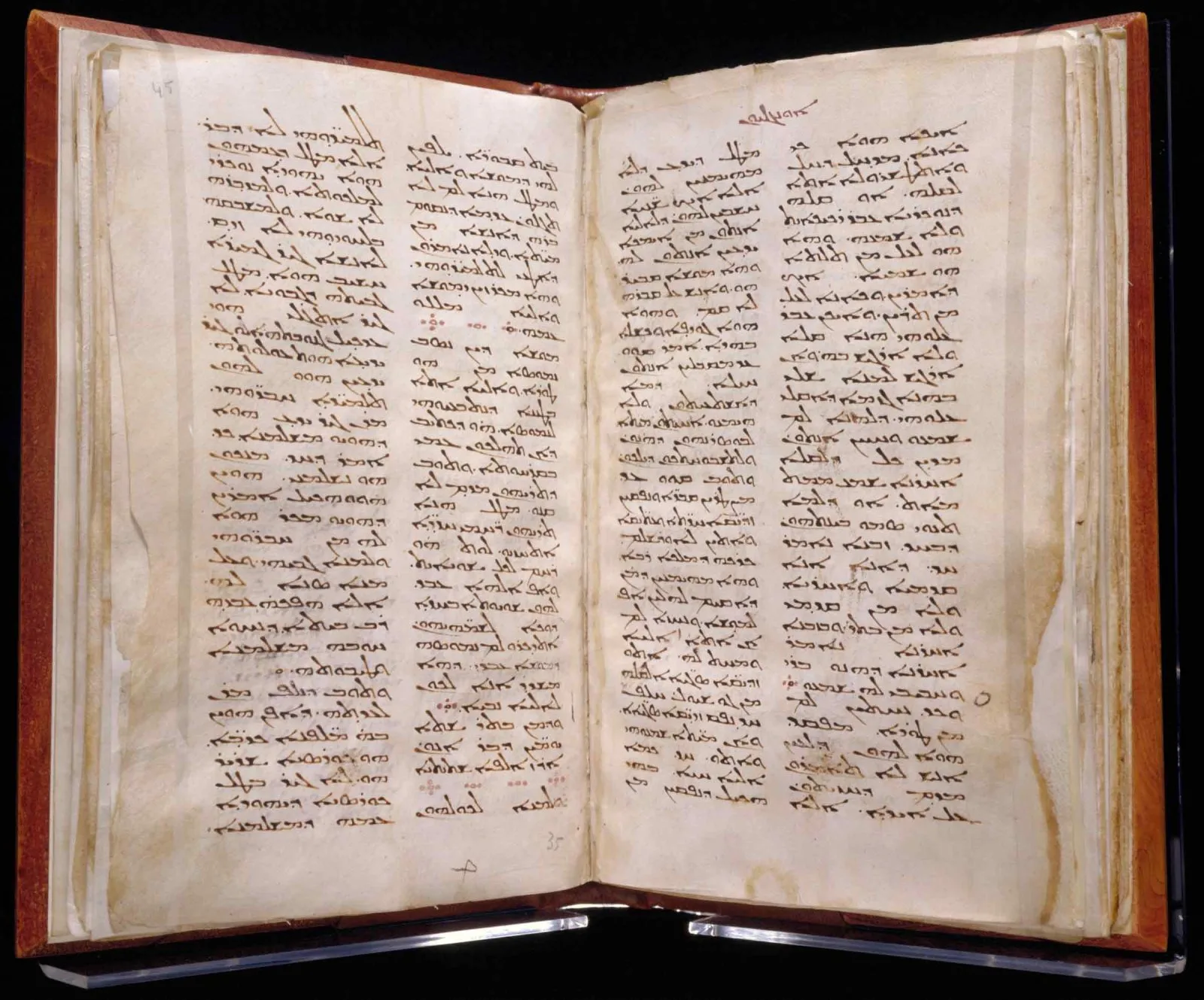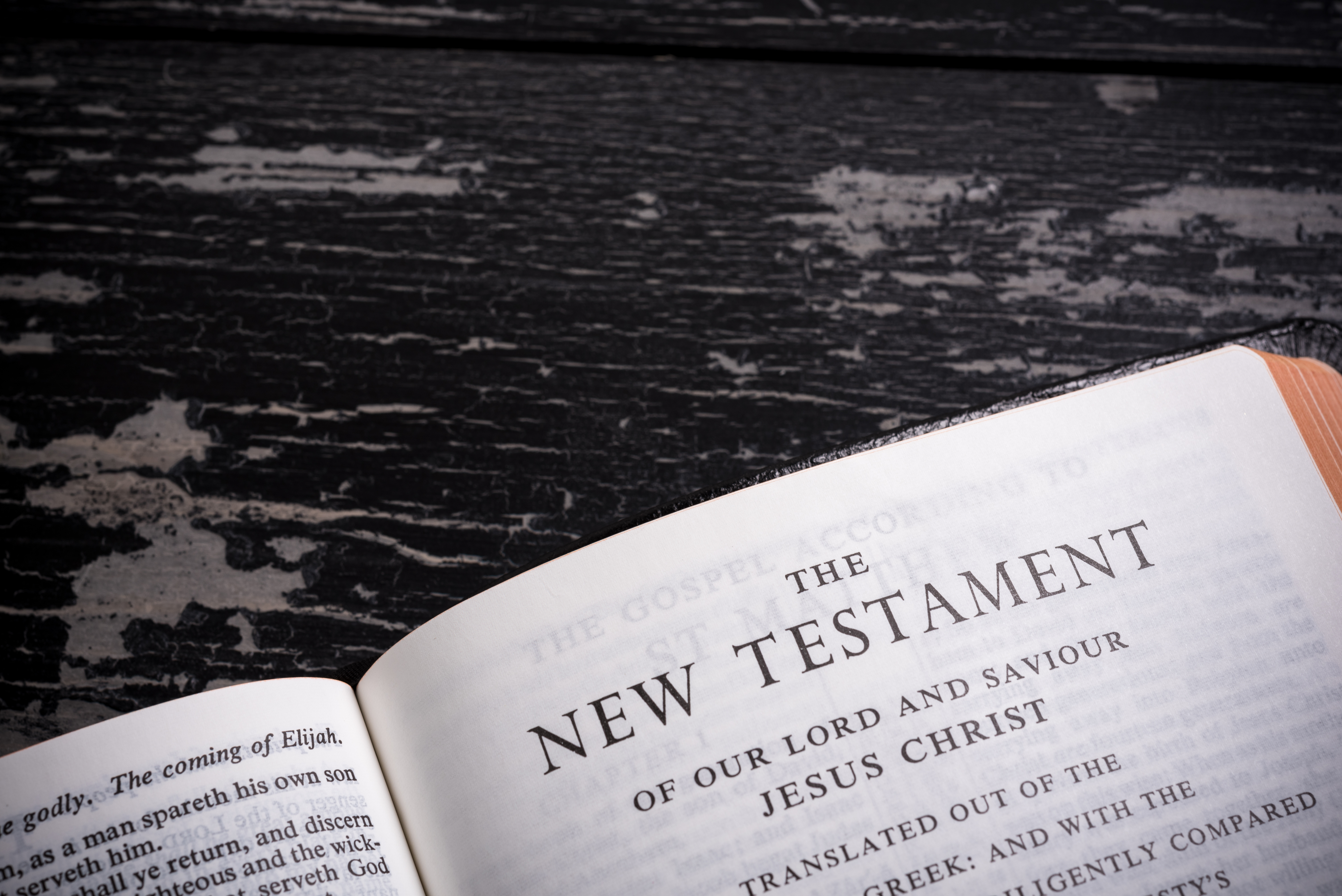Category: Bible Textual Integrity
-
Chapter 3 : The Canon of the New Testament
CHAPTER III THE CANON OF THE NEW TESTAMENT Even when we have come to a conclusion about the date and origin of the individual books of the New Testament, another question remains to be answered. How did the New Testament itself as a collection of writings come into being ? Who collected the writings, and on what principles ?…
-
Correction of Mark by Matthew and Luke
Biblical scholars agree almost universally that Mark is our earliest gospel which was later used by Matthew and Luke as a major source. As Matthew and Luke used Mark, they made certain changes and alterations to its accounts. The alterations range from improving Mark’s grammar, smoothing Mark’s negative portrayal of the apostles, changing the order of…
-
Luke’s Position As A Historian
Some Christian apologists and missionaries cite A. N. Sherwin-White, who declared Luke to be a marvelous historian. “For Acts the confirmation of historicity is overwhelming…Any attempt to reject its basic historicity must now appear absurd. Roman historians have long taken it for granted.[1] White supports the accuracy of Lucan dating of the census. But what is…
-
The Controversy of I John 5:7 (Johannine Comma)
The strongest “evidence” for the Trinity in the Bible is the verse 1 John 5:7 or otherwise known as the ‘Johannine Comma’. Unfortunately for the Trinitarians, it has long been known by scholars that it is not part of the original text. It was never in the Greek manuscripts, but surfaced in the Latin translation in…
-

The Diatessaron And Its Conflict With The New Testament Gospels
The purpose of this rebuttal is only to prove that the content of the Diatessaron is not the same as the current content in the New Testament gospels.
-
The Development of the Concept of “Scripture” In The Early Christian Church
For the early Christians before the late 2nd century C.E., there was no such thing as an "Old" or "New" Testament as found in the modern-day Christian Bible today. The writers of the New Testament were basically unaware that they were producing writings equivalent to the status of "scripture".
-
How We Got the New Testament : Historicity of Its Canonization
Mohd Elfie Nieshaem Juferi Three hundred years after the time of Jesus(P), there were many different versions of the Gospel story and the teachings of Jesus(P).[1] Then, as now, no one was quite certain who wrote them, or when or where they were written. The teachings of the Christian Church varies from one area to…
-
“Eli Eli lama sabachtani”? A Look At The Gospel Records
Mohd Elfie Nieshaem Juferi In two of the Synoptic Gospels, Jesus (P) is depicted as crying out on the cross “my God, my God, why hast thou forsaken me?”[1]. The Qur’an clearly postulates that Jesus (P) was never crucified, and therefore Muslims reject this version of the story mentioned in the Synoptics. Furthermore, the Muslim…

